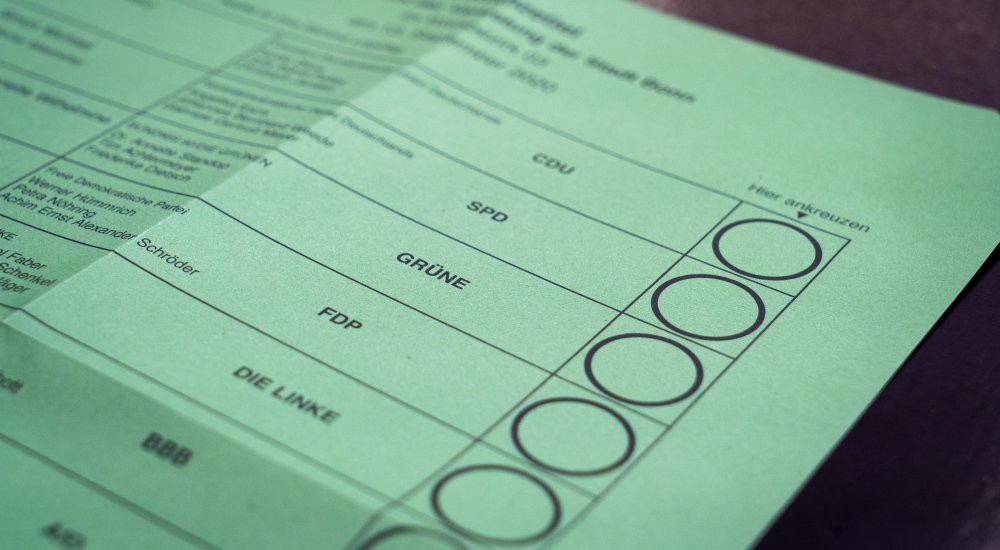AIAS-SHAPE FELLOWSHIPS
'Democracy and Digital Citizenship'

THE 2024 CALL BELOW IS CLOSED. NO MORE CALLS ARE EXPECTED IN THIS PROGRAMME.
Aarhus University’s Research Centre for Shaping Digital Citizenship (SHAPE) and Aarhus Institute of Advanced Studies (AIAS) are pleased to announce five theme-based fellowships of a duration of ten months from September 2024 to June 2025.
AIAS-SHAPE Fellowship Theme: 'Democracy and Digital Citizenship'
Interdisciplinary research collaboration and innovative ideas are prerequisite for tackling joint societal challenges. Strengthening global cooperation among relevant research communities will have a significant impact on tackling the direct and indirect human consequences of technological development and increased digitalization.
The AIAS-SHAPE theme-based fellowships seek to enhance interdisciplinary and global collaboration by engaging an interdisciplinary and international group of excellent researchers in theme-based research projects within the scope of SHAPE.
The theme of this call is 'Democracy and Digital Citizenship'. Fellows will investigate the relationship between data/algorithms and democracy/citizenship and thereby contribute to SHAPE’s collective task of conducting research that helps solve problems related to democracy and citizenship in a digitalized world.
SHAPE is particularly interested in projects that address the democratic fragility that comes with digitalization, for example, the challenge of strengthening citizen participation in democratic processes and increasing the citizenship of (potentially) vulnerable groups.
A unique interdisciplinary platform at AIAS
The AIAS-SHAPE fellows will be based at AIAS, which is a physical house with office space and facilities for interaction, in small, medium and large groups.
AIAS provides a unique interdisciplinary setting, which offers the researchers the opportunity to:
- engage in interdisciplinary research,
- broaden their research profile and
- collaborate with an inspiring international and multidisciplinary community at AIAS, the interdisciplinary research environment of SHAPE and Aarhus University as a whole.
Applicants should bring intellectual curiosity and readiness to engage in discussions beyond any disciplinary boundaries.
Who can apply
The call is open for researchers of any nationality and from all academic disciplines with research profiles within the thematic scope of the call. The target group of the programme is talented researchers at all career stages with a minimum of a PhD degree at the time of application.
AIAS and Aarhus University strive to create a multidisciplinary, inclusive academic environment and to be an inspiring workplace for all by fostering a culture in which each individual has opportunities to thrive, achieve, and develop. We view equality and diversity as assets, and we welcome all applicants.
Applicants apply individually, but the five selected candidates are expected to also work together as a group during the course of the fellowship. Furthermore, relevant researchers from SHAPE will be affiliated with the selected group of fellows.
The fellowship includes
All fellows are offered:
- a salary based on seniority (employment conditions and wages are regulated through the Danish collective union agreements),
- relocation assistance
- travel costs (up to a maximum of 2,000 euro).
Fellows will have office space at AIAS and can participate in academic training activities, conferences and workshops at AIAS. They will also be affiliated with relevant research environments at SHAPE and Aarhus University.
How to apply - application process and deadline
Applications must be submitted online via: GrantOne by 1 February 2024 at 12.00 (noon) CET.
In the ‘Guide for Applicants,’ you can read more about the detailed application requirements, how to use the online application system and the selection process and the selection criteria.
After the application deadline, applications will be subject to an eligibility screening. A review and selection panel, consisting of research members from SHAPE and the AIAS management, will evaluate each eligible proposal and make the final selection.
Timeline of the application process
- Opening of call: November 2023.
- Deadline for applications: 1 February 2024 at 12.00 (noon) CET.
- Evaluation and selection period: February-April 2024.
- Applicants will receive answers: April 2024.
- Fellowships begin: 1 September 2024.
For more information about the process, guidelines or the application system, please contact Programme Manager Helle Villekold at helle@aias.au.dk.
About SHAPE
SHAPE – Shaping Digital Citizenship is a research centre which aims to promote democracy and active citizenship in a world characterised by data and algorithms. The goal is to generate knowledge at a high international level as well as contributing to the public debate, the business community and civil society.
SHAPE is a knowledge-seeking, open centre at which a cross-disciplinary approach is regarded as a necessity; and where collaboration with politicians, decision-makers, organisations and other stakeholders is given high priority. SHAPE wishes to contribute to the development of the digital democratic society of the future: locally, nationally and internationally.
For further knowledge about SHAPE, please refer to: https://shape.au.dk
About AIAS
As an 'Institute for Advanced Study,' AIAS brings researchers together across disciplines, seniority and nationality. AIAS offers fellowships for excellent researchers from all core academic disciplines to pursue cutting-edge research projects for the benefit of society and humankind in optimal research conditions.
The daily encounter with the diverse research disciplines at AIAS provides fellows with fresh and different insights and perspectives on their own research, leading to new and unexpected research questions and ideas.
